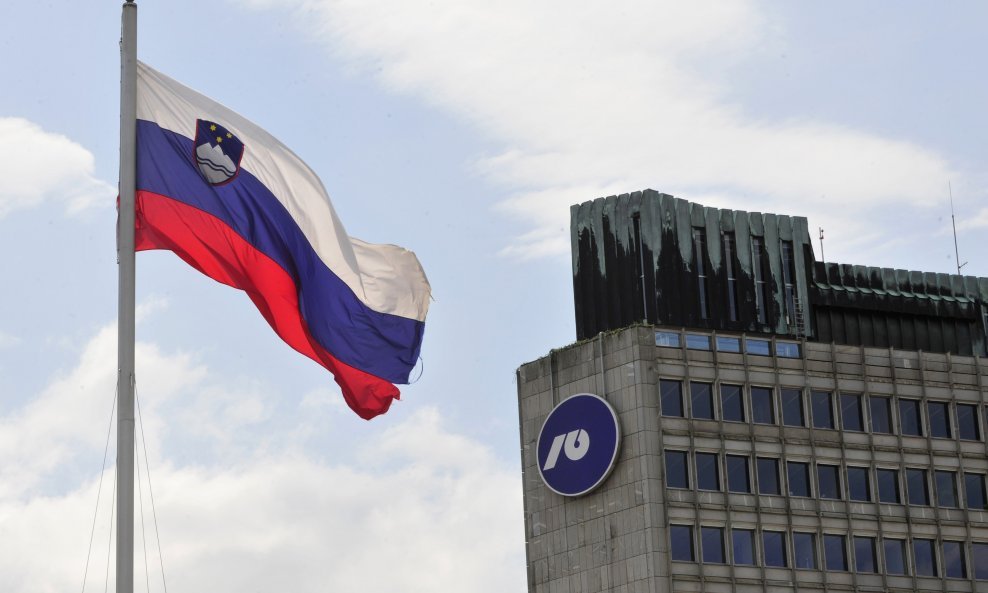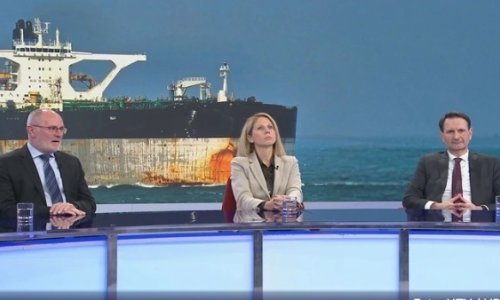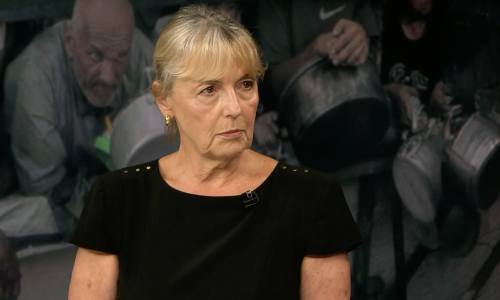The results of an opinion poll released by the Ljubljana newspaper Delo on Monday show that 49 per cent of Slovenians believe that the resolution of the Ljubljanska Banka debt issue should be a condition for the ratification of Croatia's EU accession treaty by the Slovenian parliament.
When asked if they supported Slovenia's position, which was recently presented by Foreign Minister Karl Erjavec, that the resolution of the Ljubljanska Banka issue should be a condition for the beginning of the process of ratification of Croatia's EU accession treaty, 49 per cent of the respondents replied in the affirmative, 36 per cent were against, while 15 per cent were undeclared.
The governments of Slovenia and Croatia have each appointed a financial expert to deal with the dispute over foreign currency savings claimed by Croatian depositors from the now defunct Slovenian bank Ljubljanska Banka, and will propose a possible solution to the two governments.
Erjavec said recently that Ljubljana insisted that the problem of Croatian foreign currency deposits be treated as an issue of succession to the former Yugoslavia and that the Croatian government should withdraw its power of attorney to Croatian banks Zagrebacka Banka and Privredna Banka Zagreb in their lawsuits against Ljubljanska Banka for the part of savings deposits with Ljubljanska Banka that had been converted into Croatian public debt.
On the other hand, Croatia believes that the ratification of its EU accession treaty and the Ljubljanska Banka debt issue are in no way related because the ratification process in the EU parliaments has nothing to do with Ljubljanska Banka but with the fulfilment of the membership criteria by Croatia.
Croatian Foreign and European Affairs Minister Vesna Pusic said last week that it was in the mutual interests of Croatia and Slovenia to think about their future and role they could play in helping the Western Balkans region get closer to European integration.
Delo included the question in its regular monthly survey of public opinion on the government and political parties. The poll was conducted by telephone last week among 400 people who were asked about topical political and social issues. Among other things, 83 per cent of the respondents said that they considered the current situation in the country as a political crisis because the political parties were unable to agree on how to overcome the economic crisis.


































